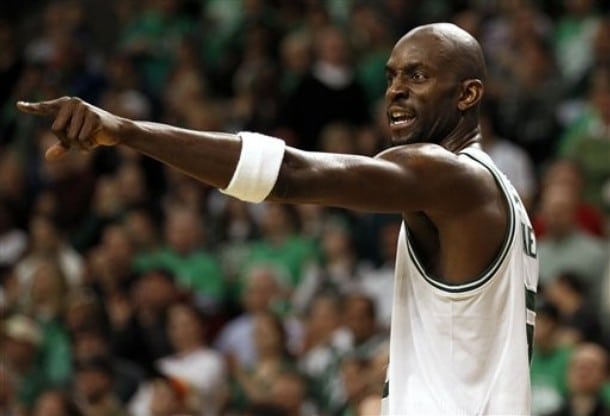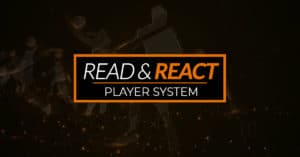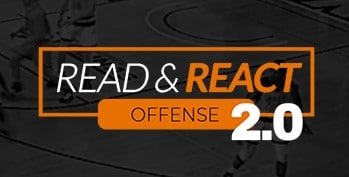Today’s article has been contributed by Faiz Ahmed; a basketball coach in Canada.
“Communication does not always occur naturally, even among a tight-knit group of individuals. Communication must be taught and practiced in order to bring everyone together as one.” – Coach K
All coaches list communication as one of the critical skills to win a basketball game. So why is it that most coaches find their teams suffer from not enough communication? Here are some perspectives on why communication falls short – so we can get the conversation started on how to have our teams communicate effectively.
If we claim to be player-centered coaches then we must take the player’s perspective into account. A majority of the lack of communication is due to one of the two following reasons:
Player Confidence
Players can be unsure of what language to use, especially early on in a season when terms are being introduced. This can lead to them feeling overwhelmed and lacking confidence in what they are saying than doing – which causes them to be quiet. Often, players would rather be silent than be wrong.
By positively reinforcing any time communication that occurs outside of their comfort zone and not providing negative judgment we can get players to flip this belief. This can have powerful effect on communication and beyond.
Player Priorities
Once they know the terms the other issue is that the players are overwhelmed with stimuli. They become focused on their play – not their talk, and thinking becomes internal. This suggests that they don’t truly know the reads. Many coaches can relate to the following situation in games or practice. Your team starts a dead ball with tons of communication, but by the second or third action they become silent as they try to read what is going on. This suggests that they know what they need to say but they aren’t able to apply it in action. When this is the case, I will pull a player off in practice and have them track a player that is competing and have them simply communicate as if they were on court. This will allow them to focus on communicating external thoughts. This will help them understand proper communication.
Dave Smart – who has coached Carleton University to 11 of the past 13 CIS National Championships and is an Assistant Coach with the Canadian Senior Men’s National Team – is one of the best coaches at emphasizing communication. He constantly reminds his players “It is okay to over-communicate, it is never okay to under-communicate.” Once players understand this they overcome their barriers to communication. This increase in communication instantly leads them to become more cohesive as a unit and prevent breakdowns on the offensive and defensive end as they talk through situations and provide solutions to each other.
Offense and defense are easier to coach because of the scoreboard – which gives an objective score on how we are doing. With that being said, if something is worth emphasizing, it is worth tracking. As coaches, here are a couple questions to ask ourselves when we find our teams falling short on communication:
- Do we know what our non-negotiables are for communication?
- Are our players clear on what those non-negotiables are?
- Do we track communication in practice? If so, what do we track?
- Are we specific in the types of communication we want?
Remind players that there are multiple ways to communicate with each other: verbally, visually (eye contact), and physically (touching & pointing). The best communication is specific, positive and solution focused.
At our high school we emphasize Early, Loud, Continuous, (ELC) – which works effectively because it allows for a quick reminder when there is a general lapse in communication. Specific lapses must be addressed directly, but when the gym gets quiet a quick mention of your system will reinforce players communicating.
Once your team makes this a habit, they’ll start to reap the powerful effects of communication. It engages players, increases teammates confidence and shows that the player’s understand what occurring. Without communication, your team’s success will be limited. Work to improve communication like you would any other skill. You’ll quickly see it translate to more wins.







